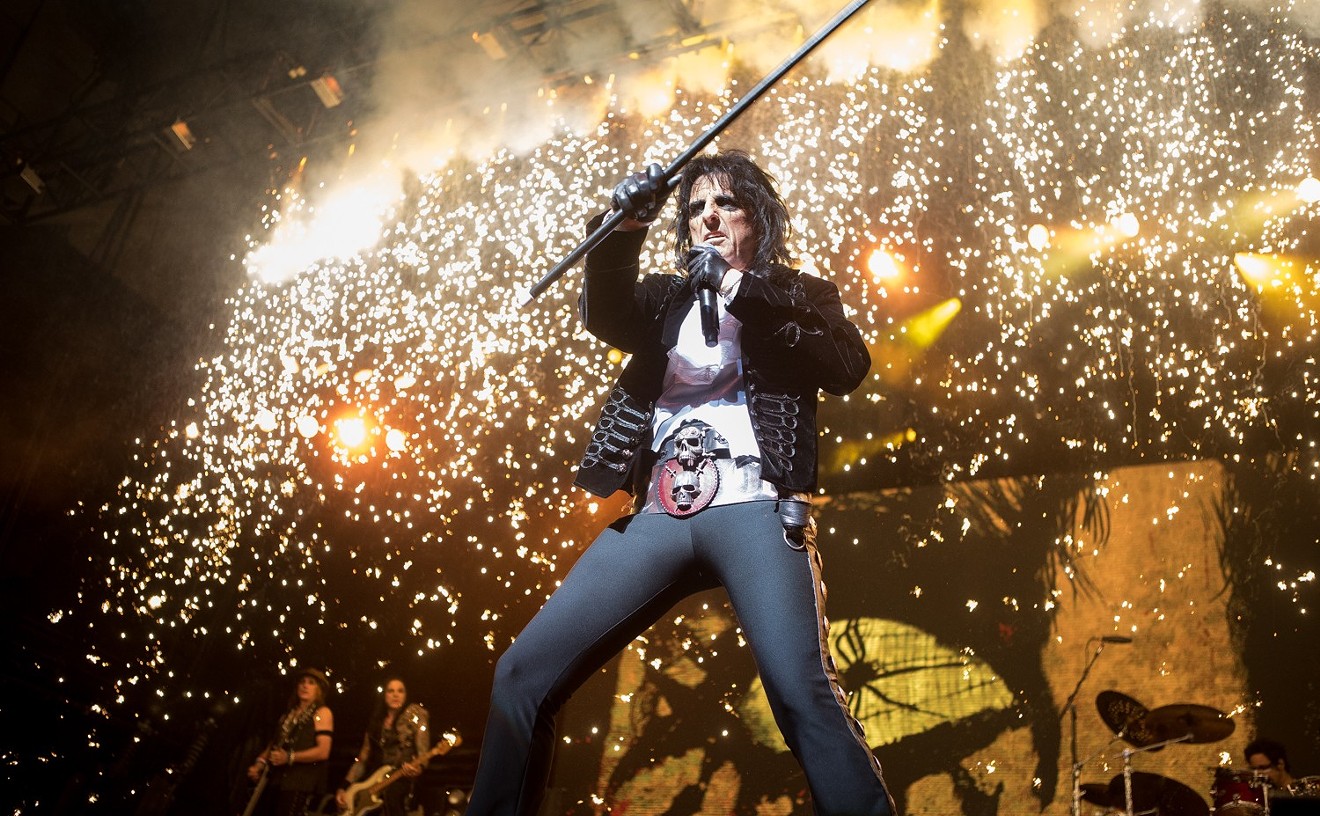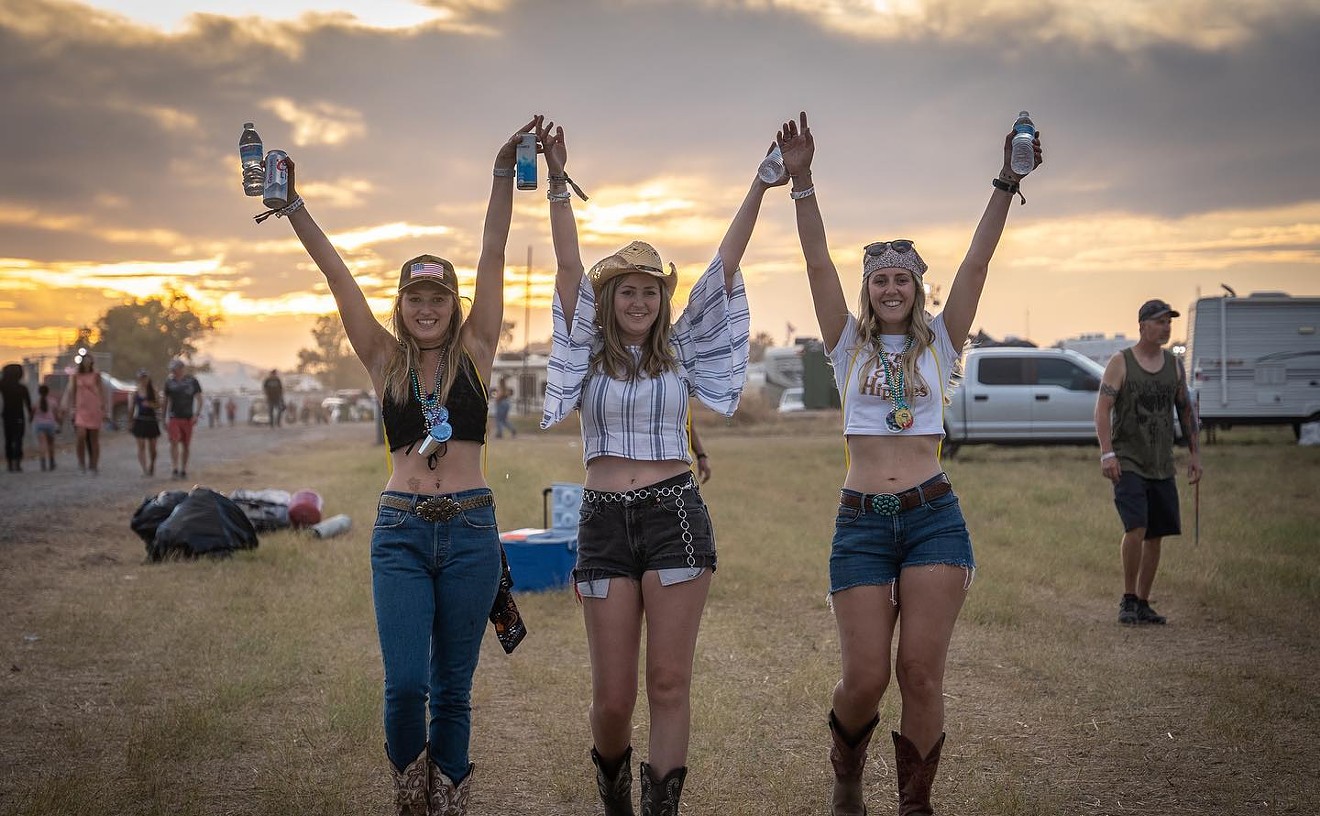Robin Gibb of legendary psychedelic popsters-turned-disco kings The Bee Gees, has passed away at the age of 62.
If you first learned of Robin Gibb's deteriorating health from Facebook, it was through links to newspaper articles and not the usual reposting of YouTube music videos, in part because trying to come up with appropriate song to put out there proved difficult. So many of Robin's greatest moments were the ones when joy and hope seemed in short supply and death hung overhead like a beautiful dark cloud.
OK, maybe "Staying Alive" would be a good one and "Tragedy" another, but that's latter day Bee Gees, when Barry Gibb's falsetto and swashbuckler hairy chest took center stage. It it is the early Bee Gees where Robin's unearthly quaver and frail posture reigned supreme, a time when songs about people dying in mining accidents and men condemned to die in the electric chair were not only commonplace, they were worldwide million-sellers.
Here, for the benefit of those who never had a broken heart that needed mending, are some of Robin Gibb's Greatest Hits.
"New York Mining Disaster 1941 (Have You Seen My Wife, Mister Jones)" This was the first Bee Gees single released in this country and the opening salvo of Robin's reign. Initial copies of the record were given to deejays sans label copy, leading many to think the song was by the Fab Four themselves. Imagine how many early acid experiments must have gone awry overhearing a nearby radio blast Robin's morbid buried alive advice, "Don't go talking too loud, you'll cause a landslide."
"Red Chair, Fade Away" Robert Pollard of Guided By Voices ranked Bee Gees' first as one of his his all-time favorites, almost as trippy as anything the Fabs and the Pink Floyd were up to at the time and made odder by the insanely lush orchestration. Tucked away on that long player was a song many Wallace and Ladmo fans might recognize as "The Time Machine" theme but in its original Bee Gees incarnation was a song about when Grandpa Gibb told the children scary fairy tales, leading Barry to switch into panic mode. ("IT'S FILLING UP THE AIR!") and his younger brothers to chant "red chair fade away" until the track becomes inaudible. Over that, you can hear Robin's eerie quaver like a frightened baby being carried away by a pterodactyl. In a word: weird. It should be noted that none of the brothers were on the other side of 20 years-old when this album was written and released.
"Holiday" Only Robin knows why the puppet makes you smile. And it's unkind.
"And the Sun Will Shine" The Horizontal album features even more of Robin's quavering voice than the first one. At one point his vibrato here goes into overdrive, almost sounding like the first recorded instance of strangulation on a pop record. Then all at once, it's quiet, and Robin confers "Then I wake up, then I grow up."
"Really and Sincerely" The Hither Green Rail Disasters may sounds like another early Bee Gees song but it was a true life tragedy, Britain's sixth worst train crash in fact and one which Robin Gibb narrowly escaped with his life. The experience of being in an overturned train, going through the rail cars with his then wife-to-be Molly covered in oil, and dead bodies everywhere (49 people perished) shook him up badly and you can hear it in the song it inspired, recorded scarcely a month later.
"Horizontal" The Brothers Gibb generally saved their weirdest song for last, the eerie title track that concludes their second album finds Barry lying under a pillow of dreams and saying "This is the start of the end, Goodbye" like he's about to be euthanized. After which Robin makes weird llama noises.
"I've Got to Get a Message to You" The aforementioned condemned to die in the electric chair song and their first US Top 10. Barry voiced the condemned man at his strongest moments talking back to the preacher on the last mile ("I told him I'm in no hurry") while Robin voiced the most sorrowful lines ("I did it to him, now it's my turn to die").
"I Started a Joke" I'd always heard that this was Robin's read on Dr. Martin Luther King's "I Have a Dream" speech and how the world wasn't getting it yet. I can't find any corroboration on the Internet but now when you Google it, you're gonna find this. So there.
"Saved By the Bell" Robin left the group in a huff in 1969 when one of his songs was not released as the A-side of their next single. The following year he released an album, Robin's Reign, and this single which placed him before a 40 piece orchestra mournfully wailing, "I died for you, I died for two." Rock may have had MeatLoaf and his handkerchiefs and the Gilbert and Sullivan antics of Queen, but this is as close to actual Wagnerian opera as pop music ever got.
"How Can You Mend a Broken Heart"
After a hostile split, Maurice and Barry assumed the Bee Gees brand and recorded as a duo. The Cucumber Castle album and TV special (a kind of Magical Mystery Tour meets Monty Python & the Holy Grail) would turn out to be the only product of the truncated Bee Gees. After te reunion, it was commonplace to see the threesome singing three heads together, with Robin's hand permanantly over his right ear. This became their second number one in America and if you can believe it, originally written for Andy Williams, who was still charting hits in 1971.
"Nights on Broadway" This song showcases how perfectly Barry's and Robin's different vocal personas complemented each other. Barry blusters forth after his spurned lover, letting her know with every fiber of his machismo how he will wait forever for her, which of course we know of can't ever be measured. But it is Robin who would offer the tangible proof, following her around like a tragic James Joyce character from The Dead, waiting in the rain, catching cold and risking consumption just so she would get the message.
"Boys Do Fall In Love" Not many people remember Robin's answer disc to Cyndi Lauper's "Girls Just Wanna Have Fun" but it was a Top 20 hit in 1984. Here, Robin has fun sampling his inimitable voice and putting it through an early vocoder. Note how he approximates the sound he pioneered with Barry, singing the tops of the verses full-throated then dialing it down a couple of nothces to sing "don't cry now" just like the inimitable Robin Gibb again.










